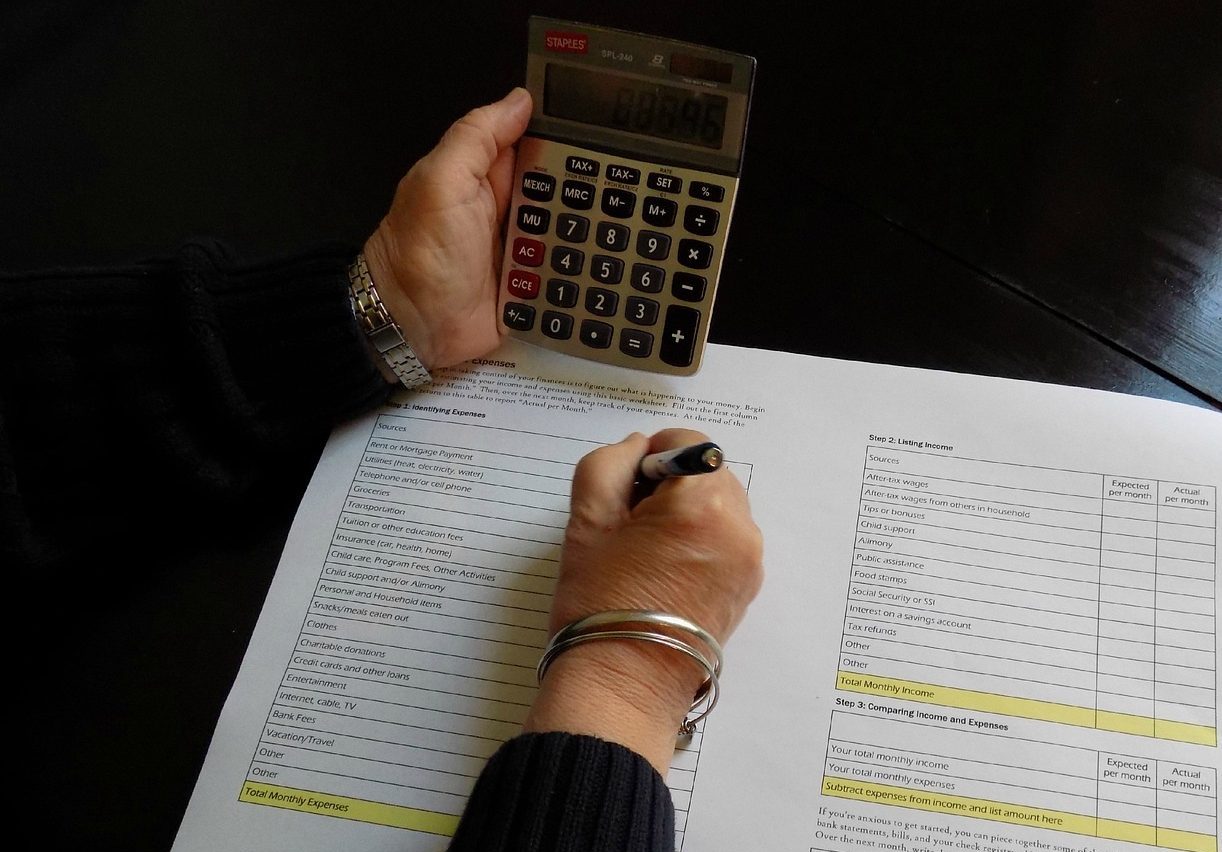Estate planning is like building a ship. You need to not only have a sturdy vessel, but also a reliable navigation system. Confusion and misunderstanding can quickly lead to rough seas and turbulent waters. Don’t worry, though, we’ve got your back with this comprehensive guide to estate planning that will help you sail smoothly through the process of inheritance.
1. Understanding the Importance of Estate Planning
Estate planning goes beyond simply dividing up your assets after death. It’s about preparedness and providing security for your loved ones in your absence. It’s understanding that life is unpredictable, and thus, having a well-laid plan helps to dispel any potential conflicts or legal battles that may arise in the aftermath.
The Highlights:
Estate planning mitigates disputes among inheriting parties.
It allows for proper allocation and efficient handling of your assets.
Good estate planning mitigates tax implications on your beneficiaries.
2. Key Components of a Comprehensive Estate Plan
A robust estate plan isn’t just a single document, but rather a compendium of several crucial elements.
Here’s a rundown:
Will: This is your basic directive for asset distribution. It’s where you jot down who gets what and when.
Trusts: These are vehicles to transfer assets and avoid probate. They offer more control over your wealth even from beyond the grave.
Power of Attorney: This document designates a person to handle your affairs if you’re incapacitated.
Healthcare Directive: Similar to a power of attorney, but specifically focused on health decisions.
3. Seeking Professional Help for Estate Planning
While it’s tempting to go solo, estate planning often requires an experienced touch. Legal jargon, tax code nuances, and changing laws can be navigational nightmares without a seasoned guide.
Worth noting:
Lawyers will ensure your documents withstand legal scrutiny.
Tax consultants can help minimize estate taxes for your heirs.
Financial professionals can offer strategies to optimize asset distribution.
Conclusion: Map Your Voyage Today
Estate planning isn’t about predicting the future – it’s about preparing for it. With a clear roadmap, you ensure that your loved ones won’t have to stumble blindfolded in an already challenging time. Start planning today, and navigate your way to a calm voyage through the choppy waters of inheritance.
Q&A
Q1: Do I need an estate plan even with modest assets?
A1: Yes, everyone benefits from having an estate plan. It’s not just about dividing wealth, but also making essential decisions about healthcare, guardianship for minors, and more.
Q2: Can’t I just write my own will and be done with it?
A2: While you can, it’s generally advised against as self-written wills often leave room for legal complications. Professional assistance helps ensure all bases are covered.
Q3: How often should I update my estate plan?
A3: You should update your estate plan whenever there are significant changes like marriage, divorce, birth of a child, death in the family, or major financial shifts. Regular reviews every 3-5 years are also recommended.
Disclaimer: The information provided in this article is for educational purposes only and should not be considered as financial, legal, or professional advice. Always consult with qualified professionals before making any decisions regarding your business planning and succession strategies.
